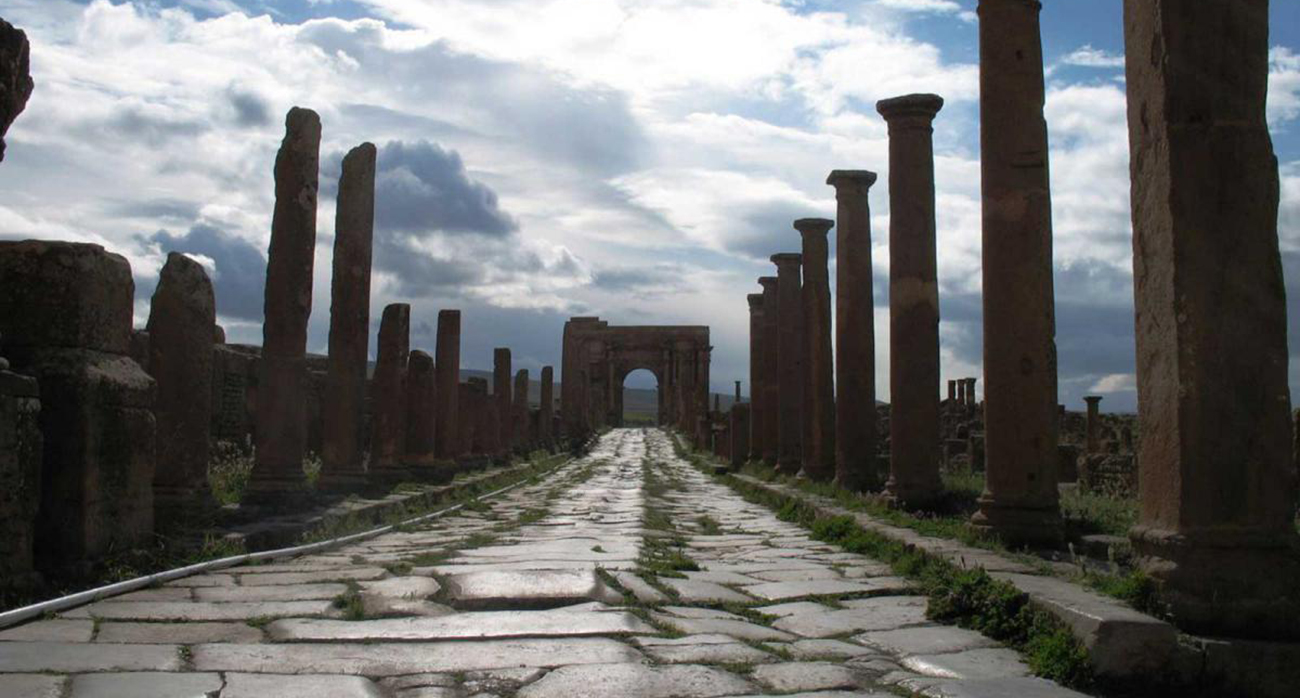Poetry / 12.02.2015
A Proud and Sharp Delight
This poem was written by Air Commodore Alastair Panton, CB, OBE, DFC (1916-2002). Originally published in "Wings - and other things" by Group Captain Hugh Lynch-Blosse in 1990, it reappeared in "Six Weeks of Blenheim Summer, an RAF Officer's Memoir of the Battle of France 1940", by Alastair Panton and Victoria Panton Bacon, Biteback Publishing, 2014. This poem captures in a delightfully evocative fashion a pilot's rapture at the experience of flight.



